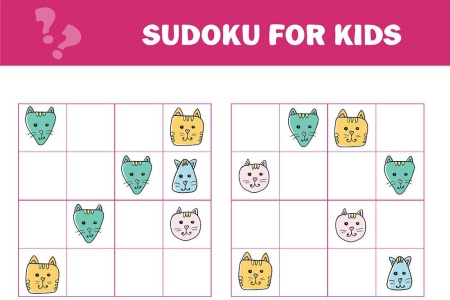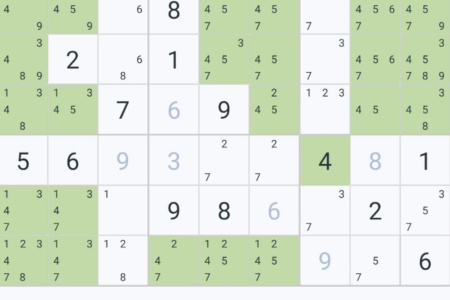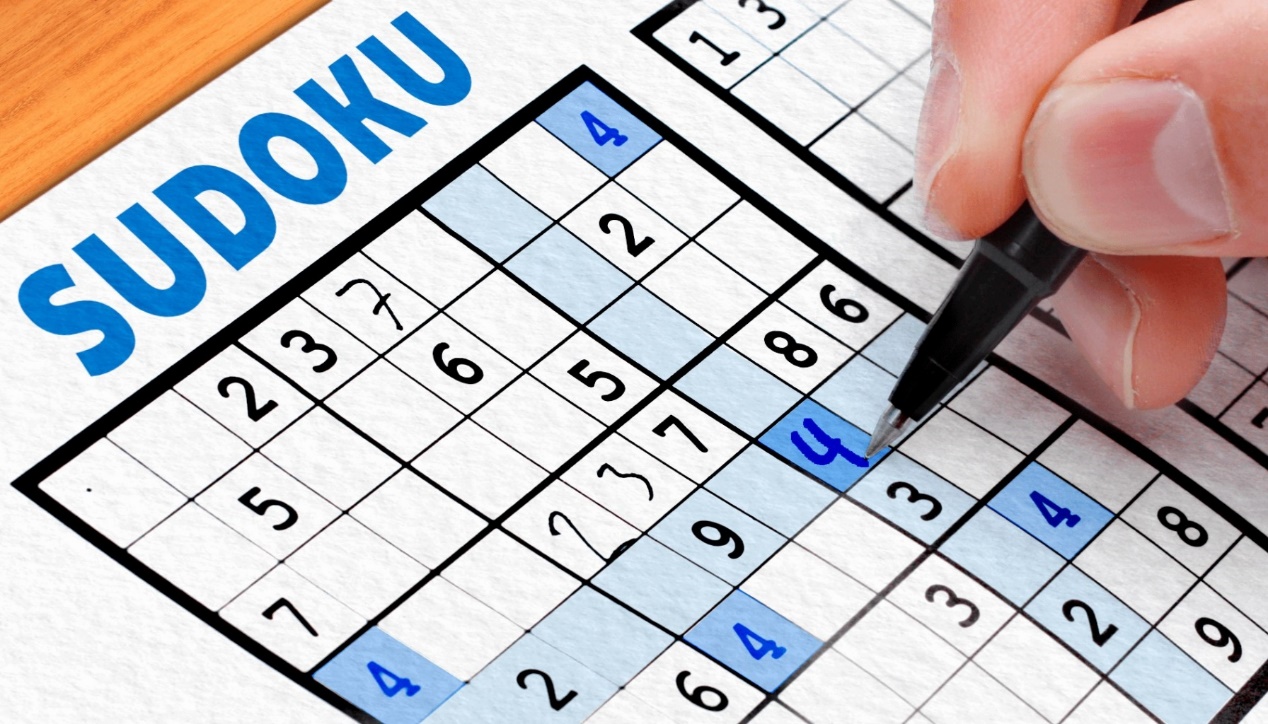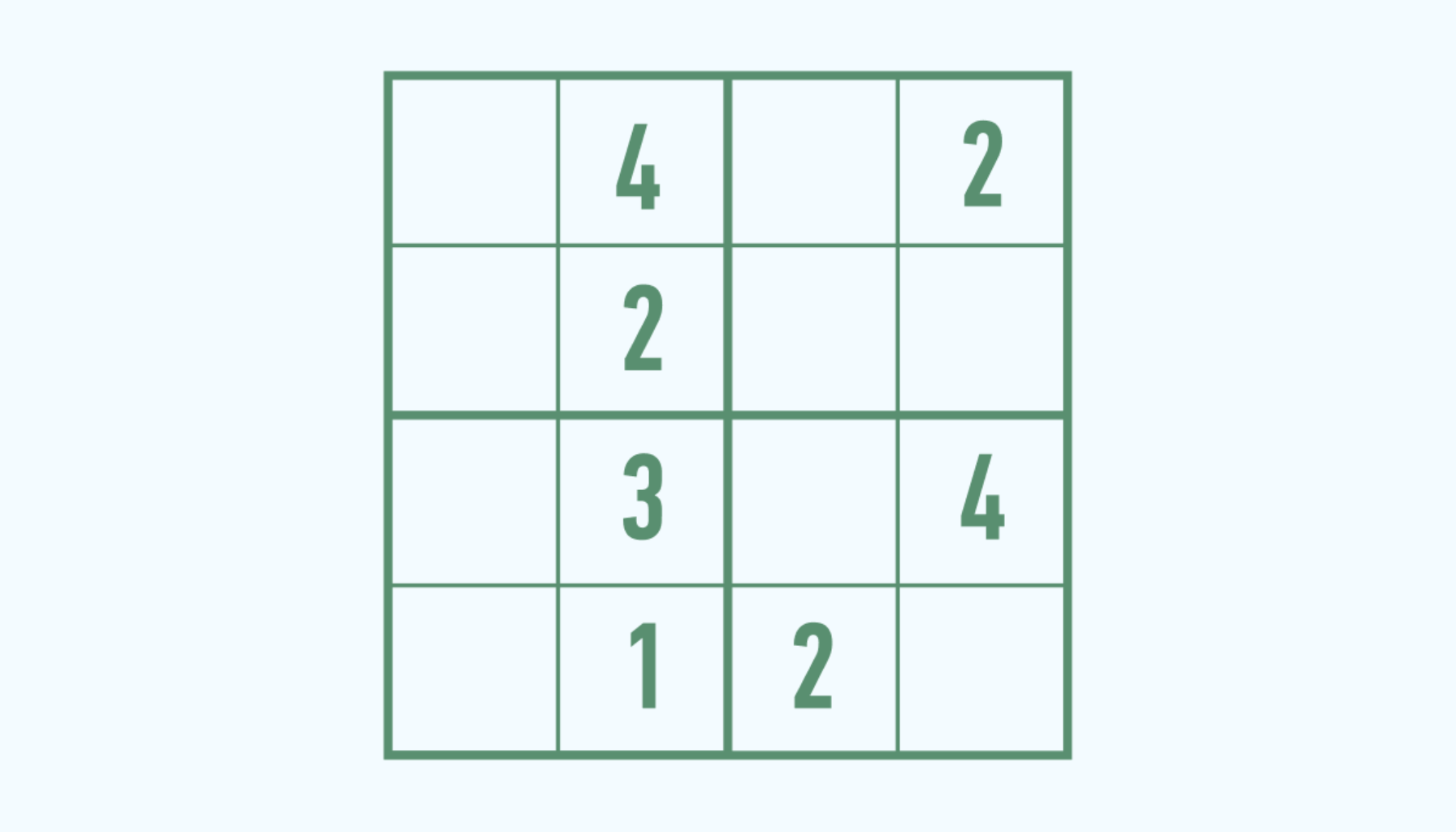How to Use Sudoku for Children as a Brain Training Tool
Sudoku is a fun and effective way to train children's brains through simple number puzzles that encourage logical thinking. While traditionally seen as a game for adults, its benefits for children are immense, making it an excellent tool for developing cognitive skills.
For children new to Sudoku, start with smaller grids like 4x4 or 6x6. These simplified versions introduce them to the game's basic rules without overwhelming them with complexity. As they progress, you can gradually introduce the 9x9 grids to challenge their growing skills.
Sudoku relies on logic, not math, to solve puzzles. Children must figure out which numbers go into each box based on the numbers already in place. This process helps them develop problem-solving strategies and trains them to think logically and critically.
Sudoku requires careful observation and attention to detail. As children work through puzzles, they learn to stay focused and improve their ability to concentrate for longer periods. This can have positive effects on their academic performance, especially in tasks that require sustained attention.
Some Sudoku puzzles take time and effort to solve. Children learn to be patient, persistent, and avoid frustration when they can’t immediately find the solution. Over time, this helps them develop resilience, which is valuable both in and out of the classroom.
Some Sudoku puzzles take time and effort to solve. Children learn to be patient, persistent, and avoid frustration when they can’t immediately find the solution. Over time, this helps them develop resilience, which is valuable both in and out of the classroom.
Playing Sudoku for kids helps strengthen short-term memory, as children need to remember the numbers they’ve placed and avoid repetition. It also boosts cognitive flexibility by encouraging them to approach each puzzle from different angles when they get stuck.
For younger children or beginners, you can introduce Sudoku using visual aids, such as colored grids or shapes instead of numbers. This makes it easier for them to understand the patterns and get comfortable with the game's logic.
To keep things exciting, set small challenges like completing a puzzle within a certain time or without using erasers. Rewarding achievements, even with simple praise, will motivate children to keep improving and view Sudoku as a fun and rewarding brain exercise.



